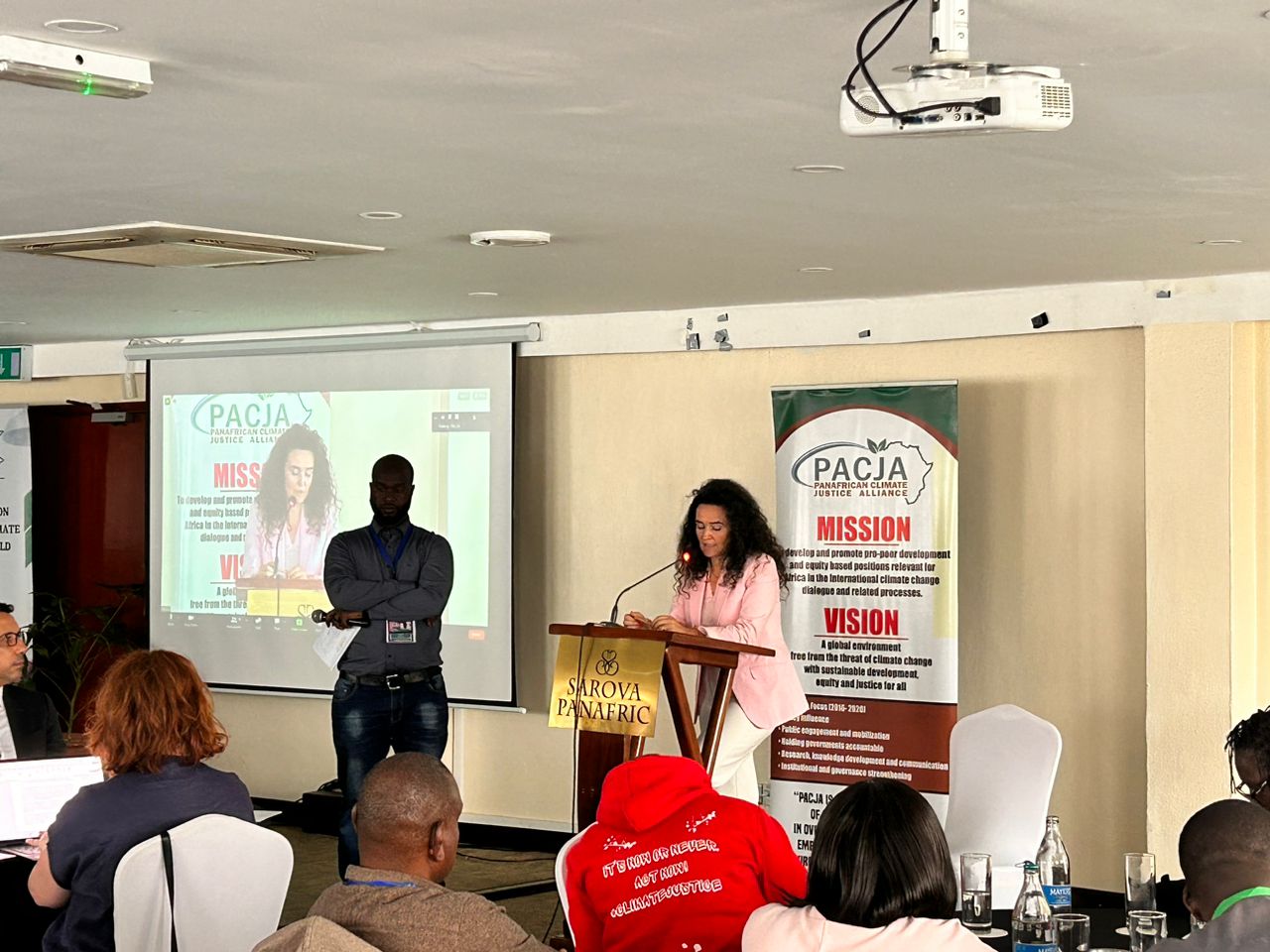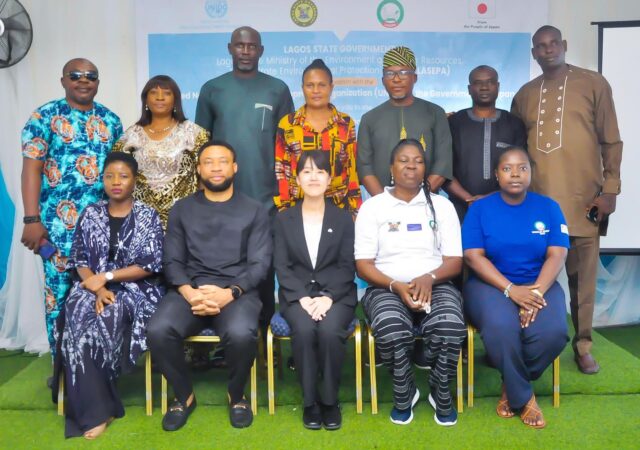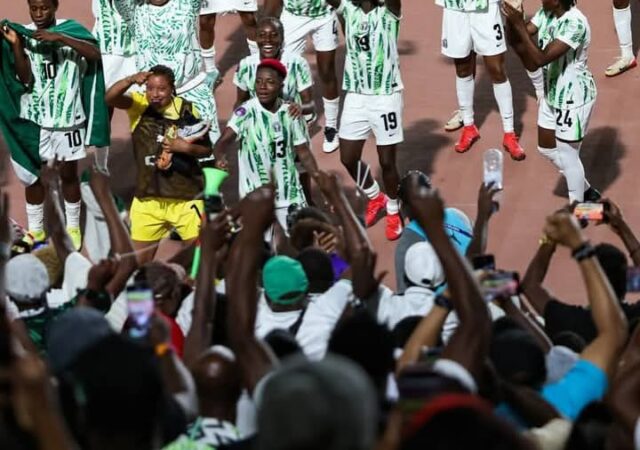Mafalda Duarte, the newly appointed Executive Director of the Green Climate Fund has lamented the lack of commensurate will to mobilize climate action revenues for Africa.
She made this assertion earlier today at an interactive dialogue to introduce herself and also to network with civil society organizations.
The interactive session was organized at the sidelines of the ongoing African Climate Summit in Nairobi, Kenya by Centre for 21st Century Issues (C21st), a Nigerian based advocacy led by Barr. Titi Akosa and the Pan African Climate Justice Alliance (PACJA).
Duarte, who comes with high level experience in the climate finance space, having been the CEO of the Climate Investment Funds based in Washington, United States; disclosed that she and her team would be doing all they can to mobilize resources and raise the GCF’s ambitions in terms of funding contributions.
According to the GCF top boss, there have been a $100billion commitment from developed countries for some years to finance climate action in developing countries but till date, no commensurate commitment.
‘It’s quite frustrating when contributions to climate finance are not forthcoming”, says Ms. Duarte.
“When the pandemic hit, countries were able to mobilize resources. But when it comes to mobilizing resources for climate action in developing countries, it’s a different story. But we have banks in these countries investing in fossil fuels and industrial agriculture.”
Responding to several issues and questions by CSOs, Ms Duarte spoke on the need to get indigenous people involved directly in GCF projects, when asked about how they could be better represented.
She agreed that they are the custodians and stewards of their communities, and they would probably have more accumulated knowledge that the GCF accredited entities might not readily be aware of.
“Nothing prevents the GCF from providing resources through a very diverse set of stakeholders, including those closer to the communities.”
The CSOs gathered also spoke on the need to have more control over the kind of agreements indigenous people are compelled to sign. Citing the case of a situation in Brazil where a carbon agreement was signed by communities in the Amazon in ignorance, they decried such situations where such agreements are signed in ignorance.
According to Barr. Akosa, the Executive Director of C21st, co-organizer of the interactive session, it is extremely important to have communities integrated into the GCF representative charter.
Ms Akosa disclosed that this would be the first time Ms Mafalda Duarte would be meeting with civil society organizations after her appointment; and coming at the African Climate Week, preparatory to COP28 would provide an opportunity to liaise and understand the issues that CSO’s have with regards climate finance and projects execution.
This would invariably aid her and her team in designing more friendly future intervention measures.
The meeting closed with a pledge by the GCF Executive Director and the CSOs to deepen their collaborations, engage more with each other, and also partner with communities to ensure much more impact.







